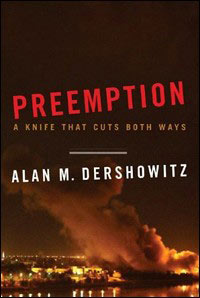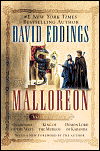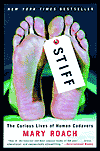Enjoying NPR
Last summer I commuted 20-30 minutes to work every day. This was not a drive through the taxi dodging hell and backed up traffic circles that I have come to know and hate in the District; my commute last summer was through rolling green farms and quiet, winding streets.
Sometimes when I'm driving, I just enjoy the silence. I'm not someone who throws the radio on the second that they get into the car (although I do love the radio, especially since receiving Sirius satellite radio as a Christmas present). Last summer I found that a nice compromise between silence and music radio was talk radio. I listened to a great deal of NPR.
Whenever I have NPR on in the car with my parents, they throw accusations around like, "What kind of news channel is this!? They just blurt out some headline without any facts to a story!" Really, this was an advertisement for a story that would be on just a little later in the hour. Had this same thing been on Fox News with a more conservative twist, he probably would not have complained.
I felt so smart that summer. I love that NPR gives information about politics, news, art, literature, movies, music, and more. It speaks to all my interests. I even had a brief flirtation with some kind of radio career when I first began looking for a job. This year, with the addition of Sirius which features two NPR stations, I've also discovered the news quiz show "Wait Wait... Don't tell me!"
Again this summer for the job I have before my full-time job starts I have about a 30 minute commute, and again I've been able to flip on NPR at the same time every day. A few days ago I caught a piece called, "The Question of Torture: Rules Should Govern Torture, Dershowitz Says" by Steve Inskeep.

What Dershowitz, a Harvard law professor, was saying seemed to stray a little from the usual left of center view preferred by NPR. It was met with quite a bit of skepticism from both Inskeep and callers, but I thought it actually made some good sense. He argued that right now torture is being used and everyone is denying it. But what we should do is set up a system where we outline exactly what is and what is not acceptable in torture and have the President sign off on it in those most dire circumstances when it is used. Therefore the President accepts direct responsibility.
If the president of the United States thinks it's absolutely essential to defend the lives of thousands of people, he ought to be on the line. He ought to have to sign a torture warrant in which he says, 'I'm taking responsibility for breaking the law, for violating treaties, for doing an extraordinary act of necessity.' That's a responsibility only the president should be able to take, and only in the most extraordinary situation.
This is all in his new book, "Preemption: A Knife That Cuts Both Ways." Perhaps I will check it out.











0 Comments:
Post a Comment
<< Home